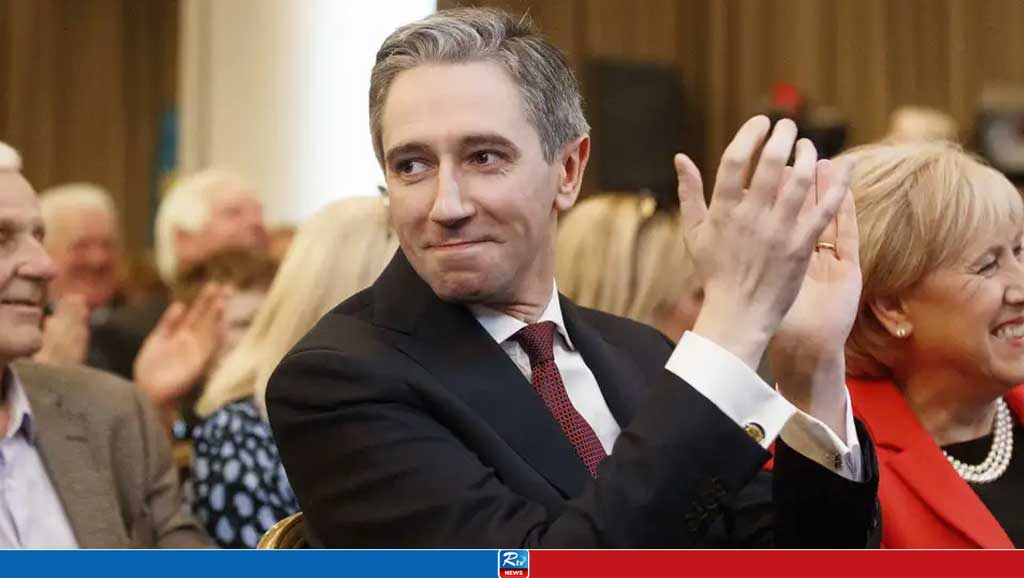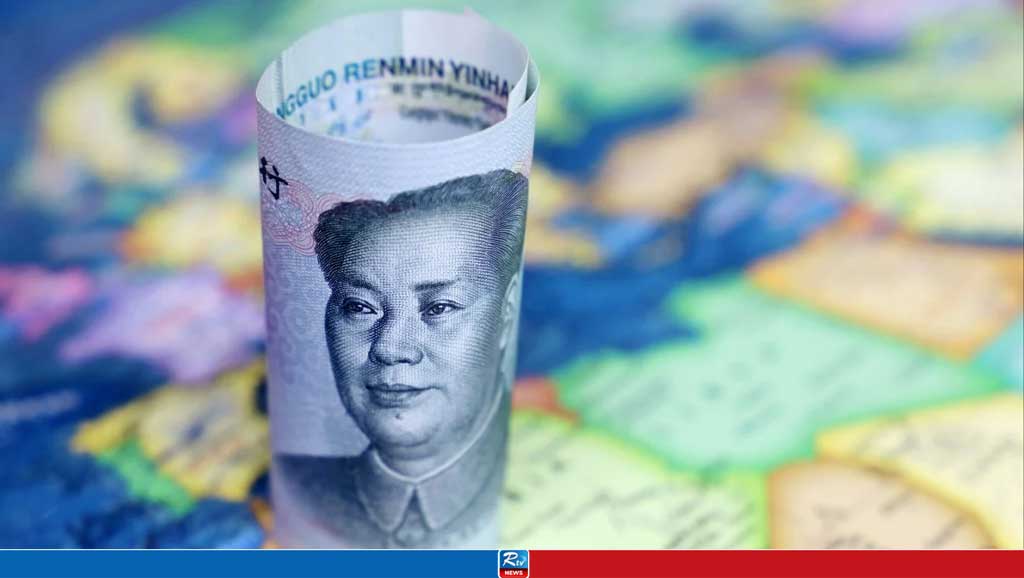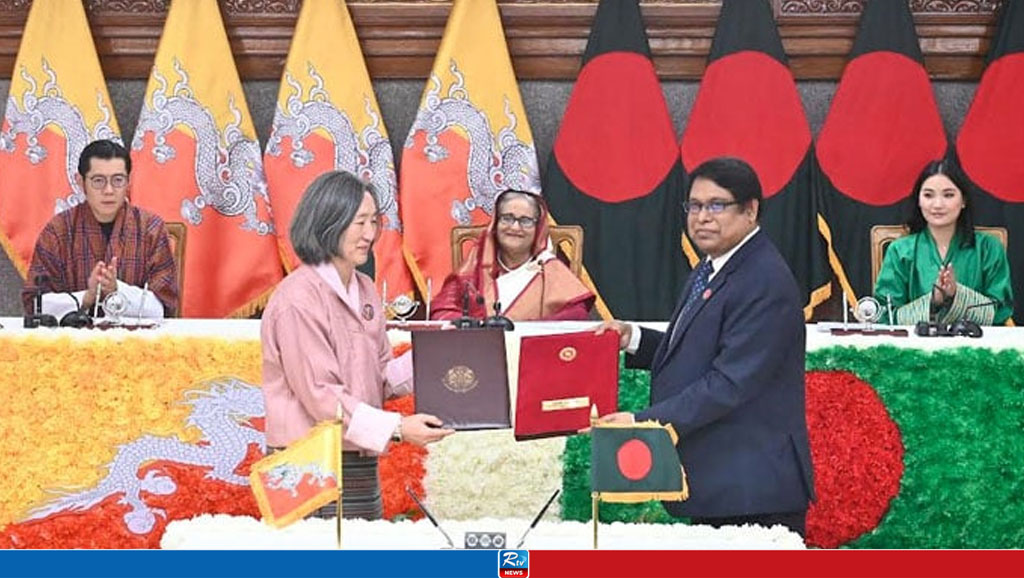‘New normal’: Chinese revenue from African projects is in decline, and the situation is unlikely to change
With lenders tightening their purse strings and the number of projects in decline, Chinese revenue earned from engineering and construction works in Africa has fallen by more than 30 per cent since 2015.
Now observers say this is the “new normal”.
It was a different picture almost a decade ago when Chinese companies earned more than a third of their total overseas revenue from Africa. That is certainly not the case today.
According to data from the China Africa Research Initiative (CARI) at Johns Hopkins University’s School of Advanced International Studies, engineering and construction contracts in Africa earned Chinese companies US$37.84 billion in gross annual revenues in 2022, which was a 31 per cent drop from US$54.78 billion generated in 2015, the year lending to Africa was at its highest.
Africa made up 19.4 per cent of global revenue for Chinese companies in 2022, CARI said, almost halved from its 2010 peak of 38.9 per cent.
Excluding small businesses, it is estimated there are more than 10,000 state-owned and private Chinese companies currently operating in Africa. Most of these moved to the continent during former Chinese president Jiang Zemin’s push for businesses to “go out” in search of new markets and raw materials at the beginning of the century.
Between 2000 and 2022, China pledged a total of US$170.1 billion to African countries – money that went into building mega projects, including ports, hydroelectric dams, highways and railways.
But since the highs of the start of the century, and the peaks of the 2010s, lending concerns, exacerbated by the coronavirus pandemic, have sparked a turnaround, observers said.
Worries over the ability of some countries to repay their loans led to a drop in Chinese lending to Africa, as financiers became more cautious and thorough in their loan appraisals.
Between 2012 and 2018, Africa borrowed more than US$10 billion annually from Chinese lenders.
By 2021 that had dropped to US$1.2 billion, and in 2022 it fell under the billion-dollar mark to US$994.5 million, according to the Chinese Loans to Africa database at Boston University’s Global Development Policy Centre.
Hong Zhang, a China public policy postdoctoral fellow at Harvard University’s Ash Centre for Democratic Governance and Innovation, said it was a simple case of falling loans having a direct impact on falling revenue.
“The drop in contract revenue in Africa can be attributed to the decline of Chinese loans to Africa,” Zhang said. Citing CARI data, she said Chinese loans to Africa had been declining since around 2013, except in 2016 when the debt restructuring in Angola made a one-off jump.
Meanwhile, Asia’s share has been on the rise, she said.
Asia remains by far the biggest source of revenue for Chinese companies engaged in engineering and construction contracts, bringing in US$82.43 billion in 2022, with Africa in second place.
However, although revenue from Africa is in decline, some parts of the continent are bigger earners than others.
China’s highest African revenues were gained from the five resource-rich countries of Nigeria, Angola, Algeria, Egypt and the Democratic Republic of the Congo. Together, they accounted for 41 per cent of all Chinese companies’ 2022 gross annual revenues from construction projects in Africa.
In Nigeria, Africa’s biggest economy and most populous country, Chinese businesses are undertaking mega projects, such as multibillion-dollar railways and ports. China’s annual revenues from Nigeria rose steadily from US$488 million in 2004 to a peak of US$4.99 billion in 2012, boosted by the West African nation’s booming construction industry. Since then, that figure has remained high, sitting at around US$4.59 billion in 2022.
Angola got more than a quarter of China’s total African lending between 2000 and 2022, receiving as much as US$45 billion. A major Chinese project there is the US$4.1 billion Caculo Cabaca Hydroelectric Power Station.
Oil-rich Algeria has seen Chinese companies build massive projects, such as railways and highways. And in Egypt, Chinese firms are building mega projects at the Suez Canal as well as helping to construct the new administrative capital in Cairo.
Meanwhile in the Democratic Republic of the Congo, many Chinese companies have been working on the nation’s infrastructure and mining sectors, attracted by the fact it holds the world’s largest reserve of cobalt, vital to the production of electric vehicle batteries.
Yunnan Chen, a senior research officer at the London-based Overseas Development Institute think tank, said contracts and revenues were down for engineering and construction projects in Africa because the number of projects had fallen.
Even before the pandemic, financing for infrastructure construction via overseas finance was in decline, she said, and that was impacted further by the Covid lockdowns.
“We simply don’t have the same kind of project pipeline as we did in previous years,” Chen said.
She also noted that several African countries, including Angola and Egypt, had been facing external debt repayment issues.
“Governments don’t have the capacity to borrow to finance new construction as they did five years ago,” she said.
The current situation is the “new normal” for Chinese contractors in Africa, according to Tim Zajontz, a research fellow in the Centre for International and Comparative Politics at Stellenbosch University in South Africa.
“Lower contract revenues are ultimately the result of more conservative lending practices on the part of China’s policy banks,” said Zajontz.
“Debt sustainability concerns have ended the loan funding spree in African infrastructure markets, which we witnessed for good parts of the 2010s,” he said.
But, despite the reduced revenue, Africa still holds an attraction for Chinese firms.
Higher returns is one such pull for Chinese companies, according to Zhang. She explained that since there is usually no competitive bidding for Chinese-financed projects, as “Chinese contractors help broker the loans from China”, companies can see better returns.
“Therefore, when Chinese loans took up a higher percentage of Chinese contracts in Africa than in other regions, the average return could be higher as a result,” Zhang said.
Zajontz noted that Africa is particularly attractive to firms in sectors that have faced crises in China’s domestic market, such as construction and infrastructure.
“We will see further diversification of Chinese investments across Africa,” he said.
“A bigger share of returns for Chinese firms will come from public-private partnerships in infrastructure, from investments in the processing of minerals and agricultural goods, and from digital platforms and other services.”
Source: South China Morning Post
08 Apr 2024,20:03













 Live Tv
Live Tv









